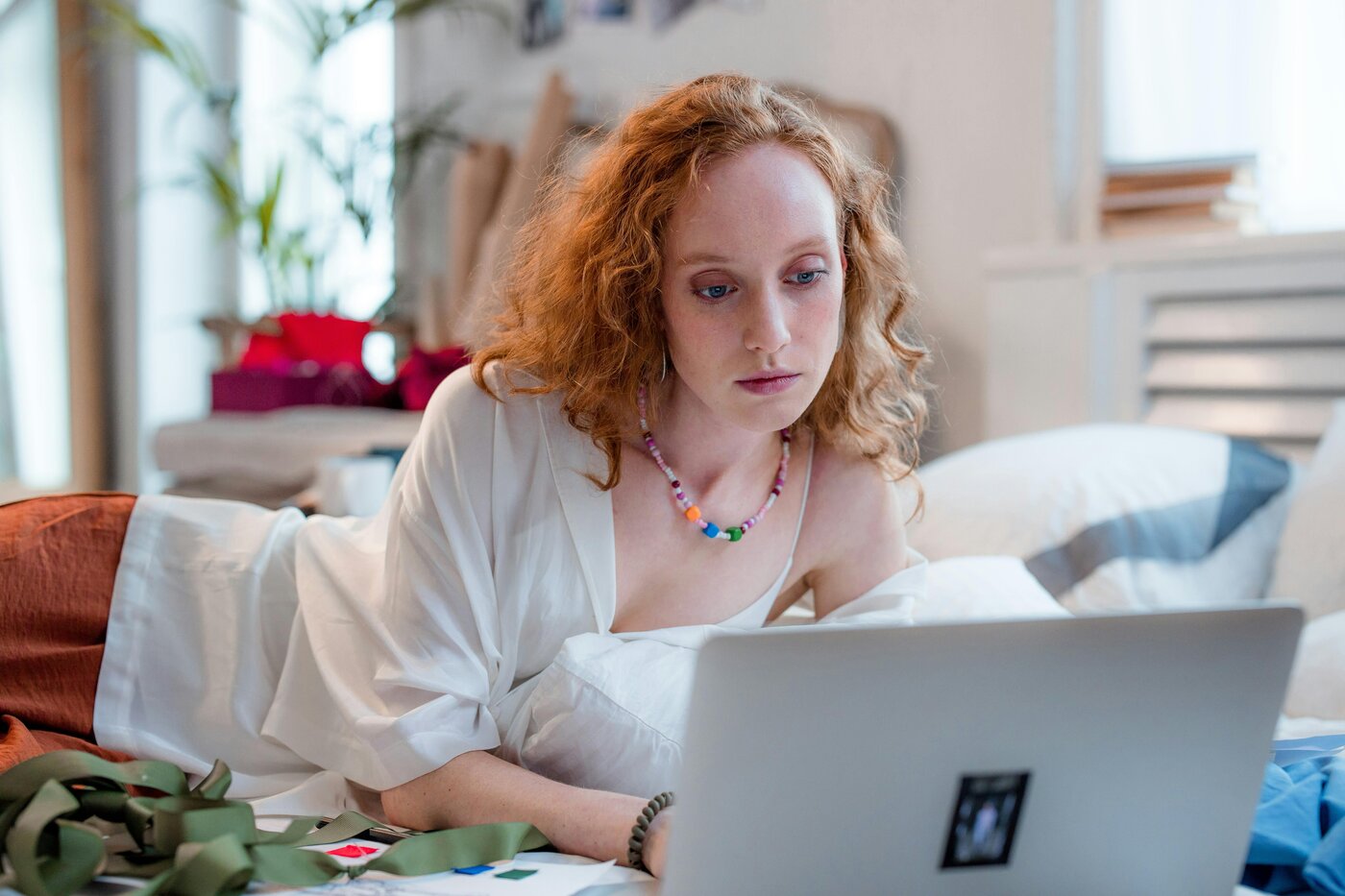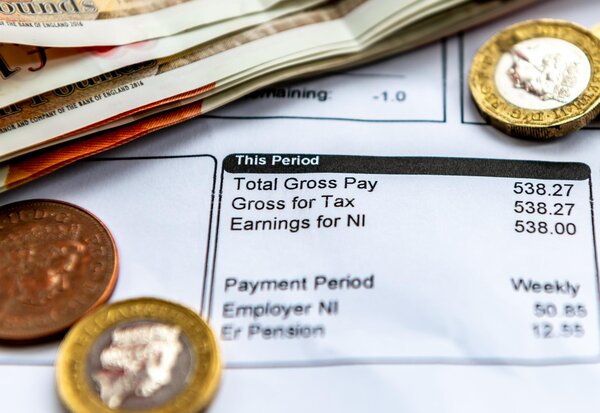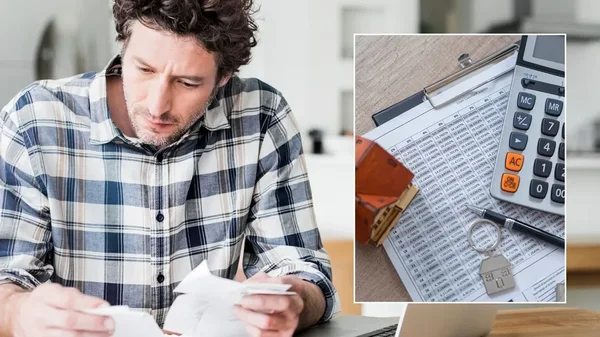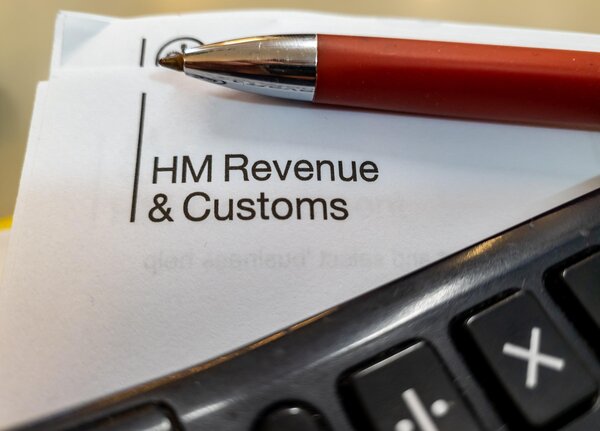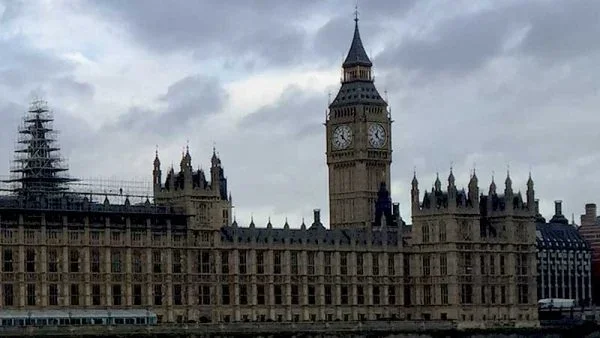Unpacking the Essentials
Being your own boss has plenty of perks. One of the biggest advantages is being able to claim your allowable expenses against your income, reducing the amount of profit that gets taxed.
Many sole traders miss out on potential savings simply because they don’t know what counts as a business expense. When you claim expenses correctly, you’ll pay less tax overall, keeping more of your hard-earned money.
Let’s break down what you can claim, how to record everything properly, and some common mistakes to avoid.
What exactly counts as a business expense for sole traders?
For something to count as an allowable business expense, it needs to be “wholly and exclusively” for your business. This is HMRC’s golden rule. In simple terms, if you wouldn’t have spent the money if you didn’t have your business, it’s likely a business expense.
These expenses directly reduce your taxable profit. So if you earn £40,000 but have £10,000 in expenses, you’ll only pay tax on £30,000. You’ll need to keep records and receipts for at least 5 years in case HMRC asks to see them.
Some costs might be partly business and partly personal. You can only claim the business portion – but that’s still better than nothing!
Which everyday costs can I claim on my self assessment tax return?
Your office costs are fully claimable. This includes stationery, printer ink, postage, phone bills and internet. If you rent a workspace, the costs associated with your business premises, such as rent, insurance, utilities, and business rates, are fully claimable. If you rent a workspace, you can claim those costs too, covering rent, insurance, utilities and business rates.
Travel for work? Great news – fuel, train tickets, hotel stays for business trips, and parking can all be claimed. However, parking fines aren’t claimable, as I discovered after an expensive lesson in Manchester last year!
If you employ people, their wages, National Insurance contributions, and pension payments are all business expenses. Marketing costs are fully claimable too, including your website, business cards, online ads, and networking event tickets.
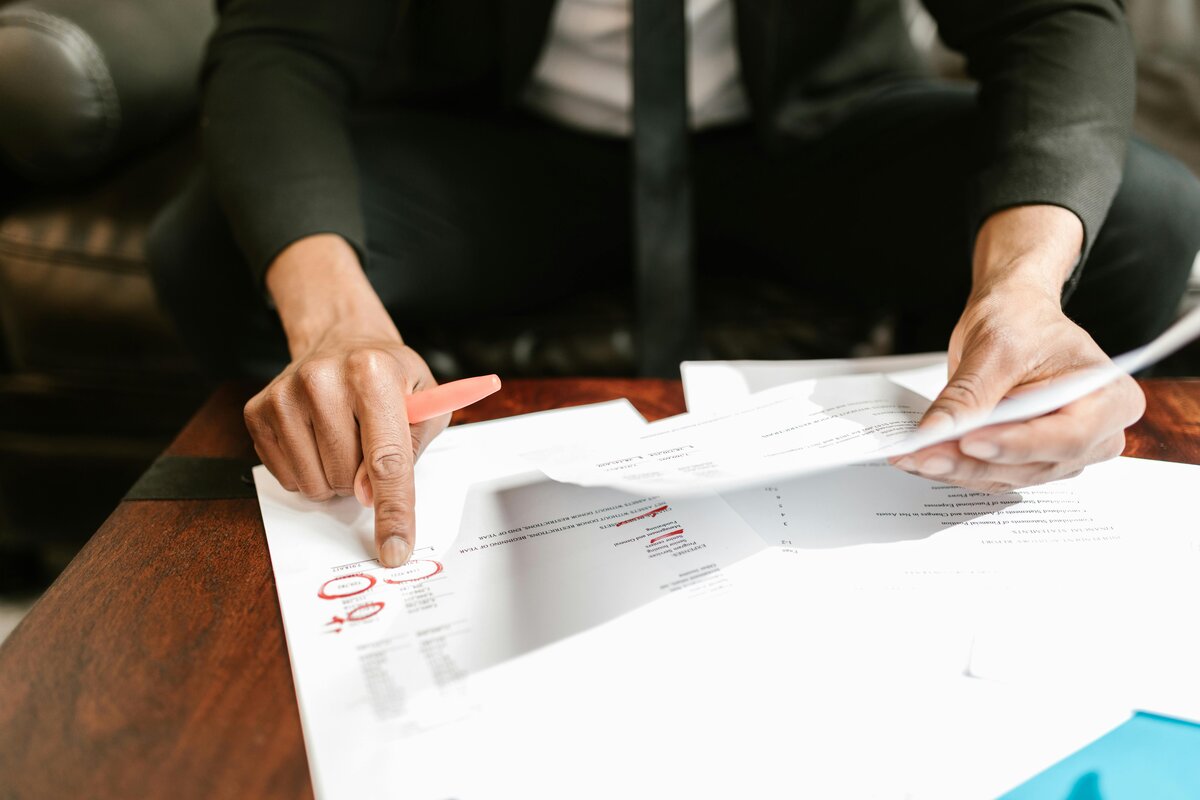
What about equipment and vehicle expenses and capital allowances?
Equipment you need for your business is claimable. This includes computers, software, tools and machinery. For repairs and maintenance costs, keep those receipts – they’re fully claimable too.
For vehicles, you have two options. You can either claim a flat rate for business mileage (45p per mile for the first 10,000 miles, then 25p) or claim a percentage of your actual running costs based on business usage.
If you buy larger items like vehicles or expensive equipment, you might need to use capital allowances instead of claiming the full cost in one go. This spreads the tax relief over several years.
How do I handle working from home expenses?
If you work from home, you can claim a portion of your household bills. HMRC offers a simplified flat rate (£10-£26 per month depending on hours worked). Alternatively, you can calculate the actual costs based on the percentage of your home used for business. You can claim a business percentage of your heating, electricity, internet, council tax, and mortgage interest based on the ratio of personal and business use.
You can claim a business percentage of your heating, electricity, internet, council tax, and mortgage interest (not the capital repayment) or rent. Home office furniture like desks and chairs can be claimed if they’re used mainly for your business.
Remember, you can only claim for the business use portion – not for watching Netflix in the evening! Be reasonable with your calculations to avoid raising flags with HMRC.
Professional Fees and Marketing Costs
As a self-employed individual, you can claim professional fees and marketing costs as allowable business expenses. This includes fees paid to accountants, solicitors, and surveyors for services related to your business. You can also claim marketing costs, such as advertising, website development, and social media fees, as long as they are directly related to your business.
Examples of professional fees and marketing costs that can be claimed include:
- Accountant fees for preparing your tax return
- Solicitor fees for drafting contracts or providing legal advice
- Surveyor fees for valuing property or providing expert opinion
- Advertising costs for promoting your business
- Website development costs for creating or maintaining your business website
- Social media fees for promoting your business on social media platforms.
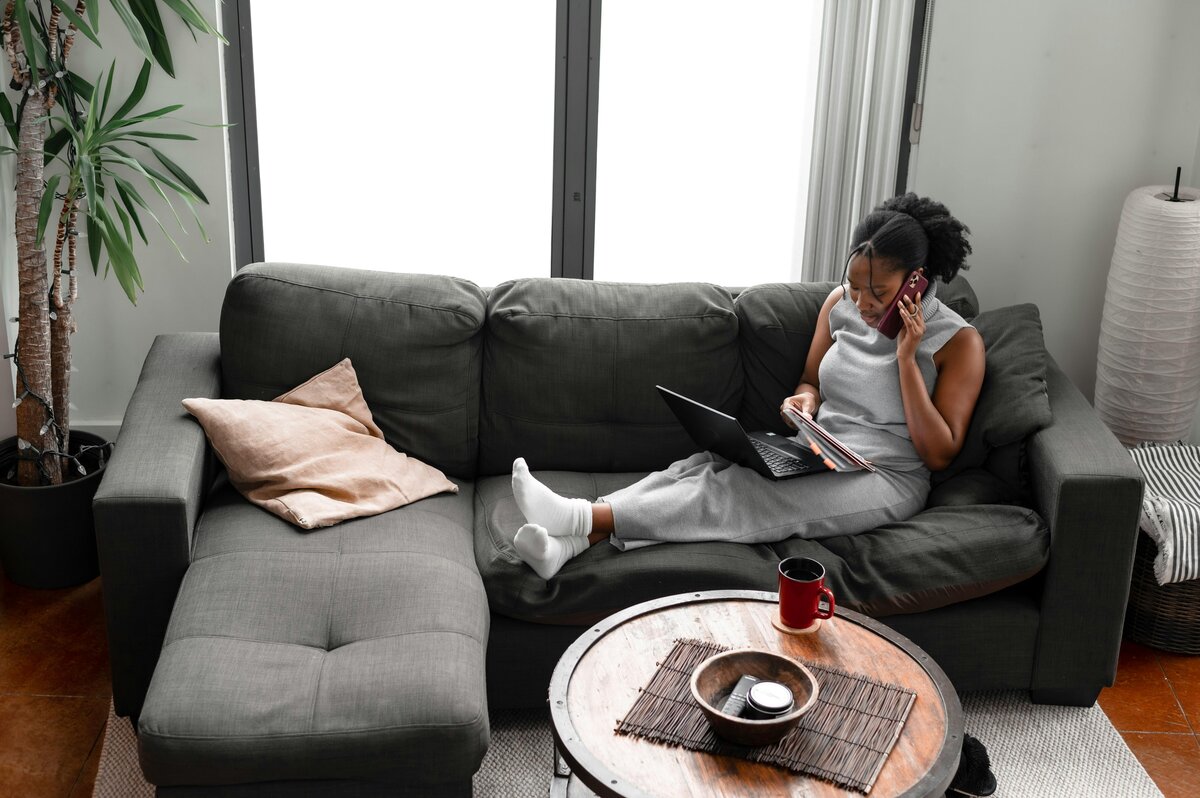
Insurance and Financial Costs
You can also claim insurance and financial costs as allowable business expenses. This includes premiums paid for business insurance, such as liability insurance, professional indemnity insurance, and business insurance. You can also claim financial costs, such as bank charges and interest on business loans.
Examples of insurance and financial costs that can be claimed include:
- Liability insurance premiums
- Professional indemnity insurance premiums
- Business insurance premiums
- Bank charges for business accounts
- Interest on business loans
Training, Subscriptions, and Charitable Donations
As a self-employed individual, you can claim training costs, subscriptions, and charitable donations as allowable business expenses. This includes costs related to training or education that is directly related to your business, as well as subscriptions to trade, professional, or academic journals.
You can also claim charitable donations made to registered charities or community amateur sports clubs (CASCs). However, you must keep records of the donations and ensure that they are made through Gift Aid.
Examples of training, subscriptions, and charitable donations that can be claimed include:
- Training costs for courses or workshops related to your business
- Subscriptions to trade, professional, or academic journals
- Charitable donations made to registered charities or CASCs
- Gift Aid donations made to registered charities or CASCs
What can't I claim on my Self Assessment?
Personal expenses with no business connection can’t be claimed. Your weekly food shop isn’t a business expense (unless you’re a food critic!). Client entertainment generally isn’t allowed either – those coffee meetings and lunch treats aren’t claimable in most cases.
Regular clothes, even if you wear them for work, aren’t claimable. Only uniforms, protective clothing or costumes count. Fines and penalties aren’t claimable, even if they happened while on business.
Your daily commute between home and a regular workplace isn’t claimable. Only travel to temporary workplaces counts. Additionally, anything that seems excessive or unreasonable might be questioned by HMRC during an investigation. It is crucial to distinguish between personal and business costs to ensure you only claim business expenses that are legitimate.
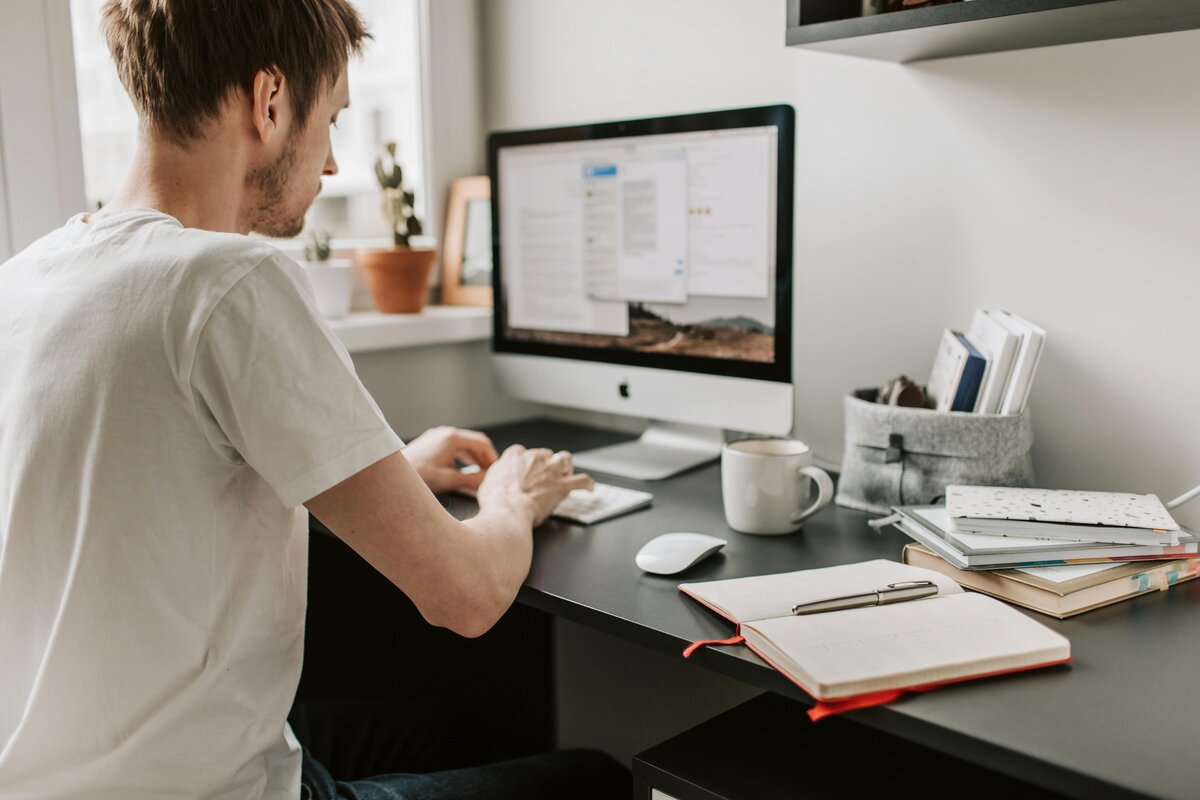
Capital Allowances and Simplified Expenses
As a self-employed individual, you can claim capital allowances and simplified expenses as allowable business expenses. Capital allowances are available for assets that are used for business purposes, such as computers, equipment, and vehicles. Simplified expenses are a flat rate deduction for sole traders and partners in business partnerships, which can be claimed for expenses related to working from home.
Examples of capital allowances and simplified expenses that can be claimed include:
- Capital allowances for computers, equipment, and vehicles
- Simplified expenses for working from home, including a flat rate deduction for sole traders and partners in business partnerships
Keeping a Record of Your Expenses
It is essential to keep accurate records of your business expenses, including receipts, invoices, and bank statements. This will help you to claim the correct amount of allowable business expenses on your tax return and ensure that you are not overpaying tax.
You should keep records of all business expenses, including:
- Receipts for business expenses
- Invoices for business expenses
- Bank statements showing business transactions
- Records of mileage and travel expenses
- Records of charitable donations and Gift Aid
By keeping accurate records of your business expenses, you can ensure that you are claiming the correct amount of allowable business expenses and minimising your tax liability.
Conclusion
Keeping track of all your business expenses throughout the year makes completing your Self Assessment much easier. A good record-keeping system doesn’t need to be fancy, but dedicated apps can make things more efficient than a simple spreadsheet. Accurate record-keeping ensures that you can correctly report your expenses on your self assessment tax return, minimising your tax liability.
If you’re ever unsure about claiming something, it’s worth checking with an accountant. The fee for their advice is tax-deductible too! Being thorough with your expense tracking can save you hundreds or even thousands in tax each year.
Pie is the UK’s first personal tax app designed specifically for working individuals struggling with tax burdens. Unlike other solutions, Pie offers integrated bookkeeping, shows your tax figures in real-time, and simplifies your Self Assessment with expert advice.
Remember, claiming all your legitimate business expenses isn’t about trying to avoid tax – it’s about not paying more than you legally need to. After all, it’s your hard-earned money!

Your Step-by-Step Guide
Steps to Enter Your Business Expenses for Self-Assessment. Keeping on top of your business expenses helps you stay tax-efficient and ready for HMRC. Here’s exactly how to do it in the Pie app:
Connect your bank account, tap ‘Bookkeeping’ on the navigation bar, and swipe right on income transactions to move them to the ‘Income’ tab. Use multi-select or double-tap to sort multiple entries quickly.Step 1

Review and reconcile your income. Assign each transaction to the correct income source, set the tax percentage (20%, 30%, or No CIS), and upload invoices. Use Smart Match for faster processing and ‘Quick Add’ for any manual income entries.Step 2

